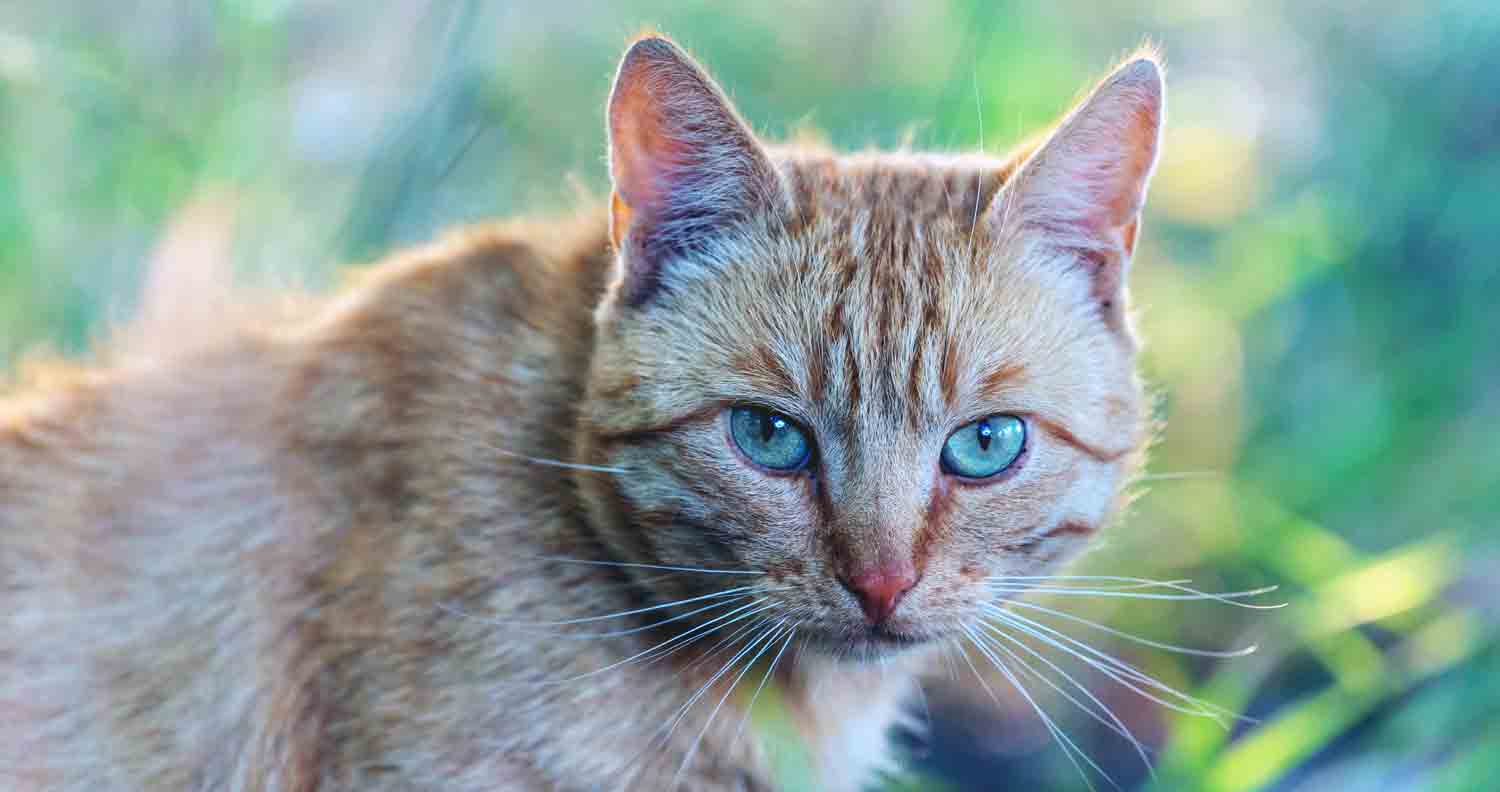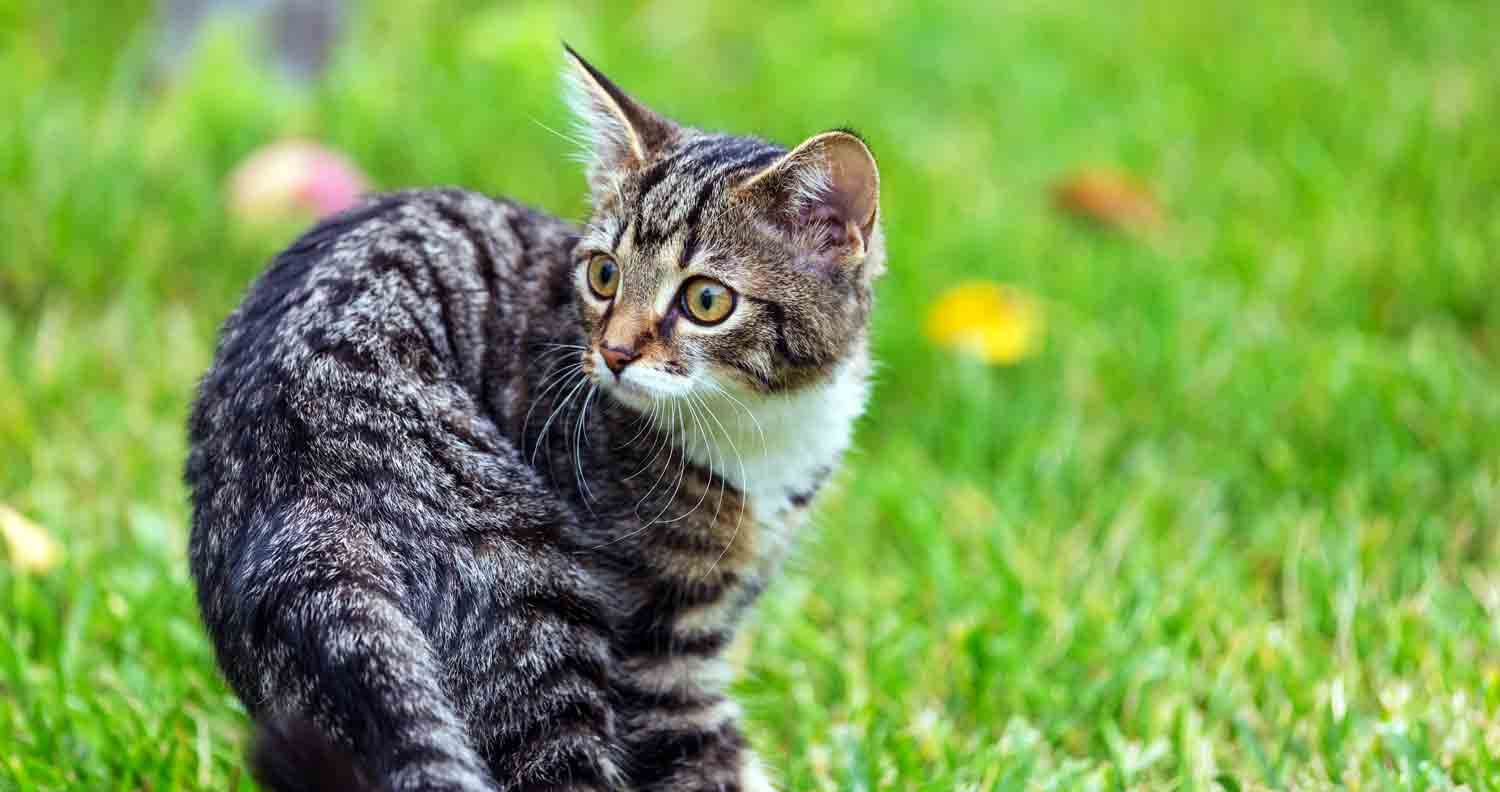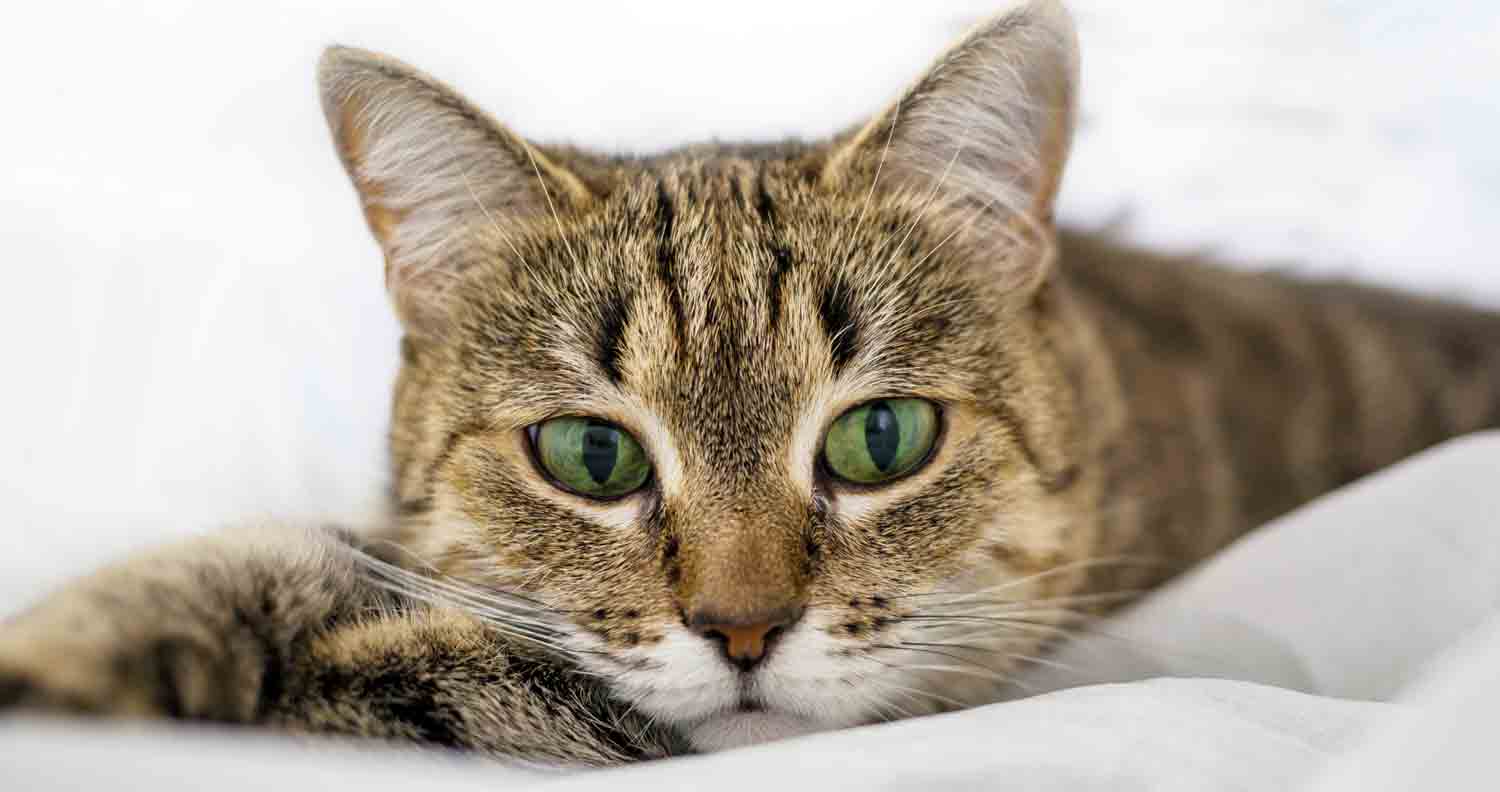Best Cat Dewormer Picks (2024)
Share:

The best cat dewormers are often a must-have investment for any pet parent. After all, parasites are a major problem for cats (particularly during the kitten stage), capable of causing a wide range of health issues and significant discomfort.
At the very least, you’ll need to invest in a deworming treatment when you bring your kitten home, to help keep them as happy and healthy as possible during the start of their lives.
Here are our best cat dewormers without vet prescription.
Our Top 3 Best Cat Dewormer Picks
In most cases, the best dewormers work best when you know exactly what kind of parasite you’re dealing with. However, there are dewormers that can tackle a wide range of infestations quickly and effectively. Here are our top picks for all kinds of worms:
1. Elanco Tapeworm Dewormer (praziquantel tablets) for Cats (Best Overall Pick)
Simple and effective, the Elanco Tapeworm dewormer is a top-selling product and an excellent way to quickly remove tapeworms from cats. The product comes in a pack of three tablets, which you can crumble or mash to mix with your cat’s food if they have a hard time taking pills directly.
The Elanco Tapeworm dewormer works on all common kinds of tapeworm, including Taenia Taeniaeformis, and Dipylidium Caninum. However, this medication is only recommended for cats and kittens over six weeks of age. Make sure you check the instructions before giving these pills to your furry friend. There’s plenty of guidance on exactly how much of a pill your cat needs depending on their weight.
2. Drontal Broad Spectrum Dewormer (Best Value Pick)
If you’re looking for a broad-spectrum approach to tackling worms and infestations, the Drontal dewormer could be the ideal choice for you. The broad spectrum dewormer works with a wide range of worm-based infestations in cats, including tapeworms, hookworms, and roundworms.
The Drontal tablets are intended for cats and kittens over the age of 1 months. If your kitten is around 1.5 pounds or more, you should be able to use this substance. The instructions on the back will guide you on exactly how much of a tablet your kitten is likely to need.
3. Advantage II Flea Prevention (Best Premium Pick)
When you want nothing but the best for your kitty, the Bayer Animal Health Advantage II flea prevention and dewormer is an excellent all-in-one solution. The solution kills all kinds of the infestation quickly and easily, with a simple application process, which involves simply applying the formula to your cat’s neck.
Notably, while this substance will help to prevent fleas and worms, it won’t actually get rid of the worms your cat might already have. With that in mind, you may need to combine this treatment with another tablet for your kitten.
Alternative Best Cat Dewormer Without Vet Prescription Picks

If none of the three options for worms and flea infestations are suitable for you, there’s always a wide range of additional solutions out there. Here are some of our top alternative picks for the best cat dewormers on the market.
4. Hartz UltraGuard Rid Worm Dewormer
Hartz makes deworming your beloved kitty quick and simple, with a liquid solution that minimizes the headaches of tablets and pills. This mild but effective method of removing roundworms from cats and kittens includes around 4 ounces of dewormer – plenty for most cats and kittens.
You’ll be able to give your feline friend the syrup directly by dropping it into their mouth, or you can mix it into food or water. If you’ve often struggled with giving your cats pills, this could be the ideal product for you. The company recommends 5ml of liquid for every 5 pounds of body weight.
5. Durvet Wormeze Feline Liquid Wormer
Ideal for cats and kittens who struggle with taking pills and tablets, the Durvet Wormeze liquid dewormer for cats can make your life a lot easier. This convenient substance can be given directly to your cat, or you can add it to the water your cat drinks instead.
The main purpose of this particular dewormer is to get rid of large roundworms, such as toxocaro cati and toxascaris leonina. As with most deworming products, you’ll be able to see the instructions on the back of the packaging to determine how much you need to give your cat based on weight.
No products found.
Pros:
Cons:
6. Furkinds Herbal Cleanse for Cats
Suitable for both dogs and cats, this broad spectrum treatment solution aims to eliminate a wide range of potential infestations from your furry friends. The liquid formula is extremely easy to use if you have a cat who struggles with taking pills. All you need to do is add the right number of drops to your cat’s food or drink as directed by the bottle.
The powerful natural formula has no artificial elements or dangerous chemicals, so you know you’re caring for your cat in the most organic way possible. What’s more, the formula is fully made in the USA with approval from vets.
7. WormEze Gel Dog Puppies Cat & Kitten Worm Remover
Suitable for dogs, cats, puppies, and kittens, the WormEze gel infestation remover is one of the most versatile products on the market. Designed to battle large roundworms, this substance can easily eliminate one of the most common intestinal parasites for any dog or cat.
The easy-to-use gel formula can be given directly to your cat, according to the instructions on the packaging, or you can mix it into your cat’s wet food. This substance is suitable for puppies and kittens starting at around 6 weeks of age, so you should be able to get rid of any impending problems as quickly as possible.

Types of Worms: Common Worm Issues for Cats
As mentioned above, worming formulas are often most effective when you know exactly what you’re dealing with. Not all worming solutions will be suitable for every infestation, so it’s best to take your cat to the vet initially when you recognize symptoms of a potential parasite in your cat.
One point to keep in mind is that all forms of worm infestation can be extremely problematic for cats, and the problem only gets worse over time if you don’t apply treatment rapidly. Getting the right solution quickly can make treatment a lot simpler and faster.
Some of the most common forms of worms cats encounter include:
What about Other Infestations?
Notably, many of the products you can get for treating common worm infestations in your cat can also be used for the treatment of various other bugs and infestations. It’s common to see a single treatment capable of taking on various kinds of ear mites, worms, ticks, and fleas in and around a cat's body. If you’re concerned your cat might be exposed to other infestations at the same time as a worm, the best thing you can do is look into a comprehensive form of treatment capable of tackling everything at once.

Get 30% off and FREE shipping on cat food!
U.S.A. only
To Find out why we recommend chewy.com, click here
If you’re not sure what kind of treatment your cat needs, or what sort of infestation you’re dealing with, the best option will usually be to reach out to your vet so your cat can get checked over. Most vets will be able to give you a good idea of the kind of infestation you’r dealing with.

Worming Kittens: What You Need to Know
If you’ve recently adopted a kitten, or your cat has kittens, then you’ll need to worm them as soon as possible. The majority of kittens will be carrying worms transmitted from their mother’s milk, so it’s important to tackle the issue as quickly as possible.
Symptoms of Worms in Kittens
Ideally, worming your kitten immediately, as soon as they are old enough to receive treatment, should help you to avoid having to deal with any symptoms. However, there’s a chance you may be a little too late with your treatment, in which case you might begin to notice symptoms.
Symptoms of worms can vary from one cat to the next, and they often differ depending on the kind of infestation in question. In many circumstances, you might notice your cat begins to suffer from weight loss, even though they might look a little bloated around the midsection. If your cat seems to be losing weight unexpectedly, you should always take them to the vet as quickly as possible.
The sudden loss of weight in a cat can indicate a range of serious health problems, beyond a basic worm infestation. It’s also worth looking out for symptoms like:
Another common symptom might be a change in your cat’s appearance. Some cats suffering from parasites have rougher, patchy fur.
How to Apply Cat Dewormers
If you need to provide your cat with a treatment for worms or fleas, there are usually multiple options available. Tablets are the most common option, specifically for more complex kinds of worms. However, you might be able to access liquids and gels too. Some of the most typical options for application include:
If you are struggling to get your cat to take their medicine don't panic, that is perfectly normal. You may want to check out these two articles below which are crammed full of helpful tips when it comes to medicating your cat:
How often do you need to give your cat a dewormer?
The most important thing to remember is that no matter what kind of deworming treatment you choose, it won’t last forever. You’ll need to check the instructions on the packaging to determine the frequency of application required for an infestation.
Best Cat Dewormers: The Verdict
Using one of the best cat dewormers is certainly one of the most important things you can do to keep your feline friend happy and healthy. Our favorite product for deworming has to be the Elanco Tapeworm dewormer, capable of quickly and easily getting rid of tapeworms in a wide variety of cats.

Get 30% off and FREE shipping on cat supplies!
U.S.A only
To Find out why we recommend chewy.com, click here
Affiliate disclosure : We Love Cats and Kittens is a participant in several affiliate programs including the Amazon Services LLC Associates Program, and the Chewy affiliate program. These are affiliate advertising programs designed to provide a means for sites to earn advertising fees by advertising and linking to products on their sites. If you click on links in our blog posts and articles we may be paid a commission.
Share:

